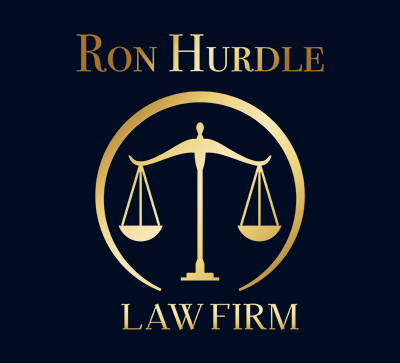
Practice Areas
What we're good at
Personal injury law refers to the legal remedies and defenses involved in civil lawsuits brought as a result of wrongful conduct. In fact, the word “tort” comes from a Latin term meaning twist, wrong, or harm. In contrast to criminal law, a tort action does not involve the government prosecuting the wrongdoer. Rather, these cases involve a private plaintiff seeking compensation (usually money) for the harm caused by the defendant’s actions.
Most personal injury cases are based on the doctrine of negligence. In essence, negligence requires every member of society to act responsibly and avoid putting others at risk. That is not to say that negligence will result each time someone gets hurt. The doctrine recognizes that some accidents are unavoidable. To establish liability, the plaintiff must show that a reasonably prudent person in the defendant’s position would have acted differently under the circumstances.
Want to find out more?
FAMILY LAW
Family law (also called matrimonial law or the law of domestic relations) is an area of the law that deals with family matters and domestic relations.
Family law is a legal practice area that focuses on issues involving family relationships, such as adoption, divorce, and child custody, among others. Attorneys practicing family law can represent clients in family court proceedings or in related negotiations and can also draft important legal documents such as court petitions or property agreements. Some family law attorneys even specialize in adoption, paternity, emancipation, or other matters not usually related to divorce.
Want to find out more?


WILL AND ESTATE PLANNING
A will or testament is a legal document by which a person, the testator, expresses their wishes as to how their property is to be distributed at death, and names one or more persons, the executor, to manage the estate until its final distribution. For the devolution of property not disposed of by will, see inheritance and intestacy.
Though it has at times been thought that a “will” was historically limited to real property while “testament” applies only to dispositions of personal property (thus giving rise to the popular title of the document as “Last Will and Testament”), the historical records show that the terms have been used interchangeably.[1] Thus, the word “will” validly applies to both personal and real property. A will may also create a testamentary trust that is effective only after the death of the testator.
